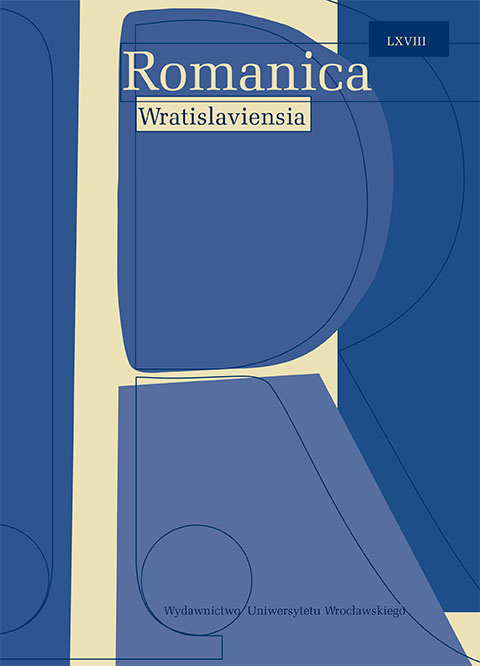

Articles

The European Union is by definition a multilingual organization in which the official languages of all members are recognized equally. The translation system in this organization is highly developed. Political correctness wants to give the impression that every European citizen can communicate in his mother tongue without barriers or limits. However, practice shows that in many cases this principle does not correspond to reality. In this article the author shows, on the basis of quantitative and qualitative analysis of the working languages, which are offered by translator training programs belonging to the EMT (European Master’s in Translation) network, that there is a clear difference between the status of “central” languages, dominant in communication, and the so called “peripherals”, of less diffusion. This situation has an impact on the volume and number of translations, their direction, and, consequently, on the translators’ training.